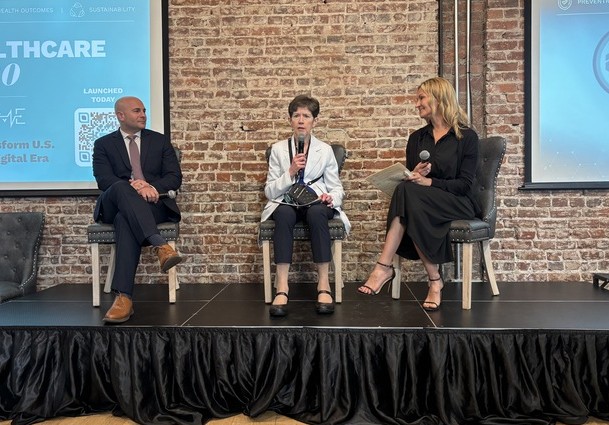As the study’s lead author, Cara Palmer, Ph.D., explains in a news release, “This study represents the most comprehensive synthesis of experimental sleep and emotion research to date, and provides strong evidence that periods of extended wakefulness, shortened sleep duration, and nighttime awakenings adversely influence human emotional functioning.”
Similar Posts

Inside the VA and ONC’s Vision for a More Connected Healthcare System
Building a better healthcare system isn’t just about adopting the latest technology — it’s about redesigning…

Links – Healthcare Economist
Fail fast in statistical computing. NBA’s $600m man. Medicaid coverage and abortion rates. On open AI…

12 Nutrition Trends for 2024 and What the Hype Is All About
Check out the top nutrition trends of 2024 and discover why sustainable, function-focused eating is making…

Here’s What To Know For May’s Full Moon In Scorpio, From Astrologers
As hard as it is to believe that it’s already May, Taurus season is already halfway…

MyFitnessPal Survey Sweepstakes: Official Rules
OFFICIAL RULES Please read these Official Rules carefully. By participating in the survey and these Sweepstakes,…

MYFITNESSPAL SELF-CARE SWEEPSTAKES
OFFICIAL RULES Please read these Official Rules carefully. By participating in these Sweepstakes, you agree to…
